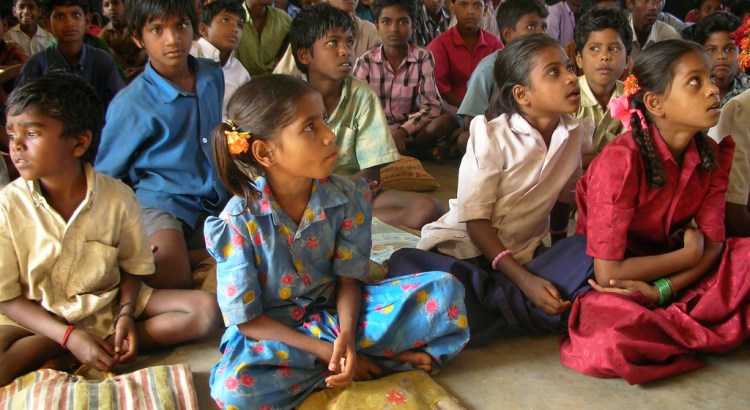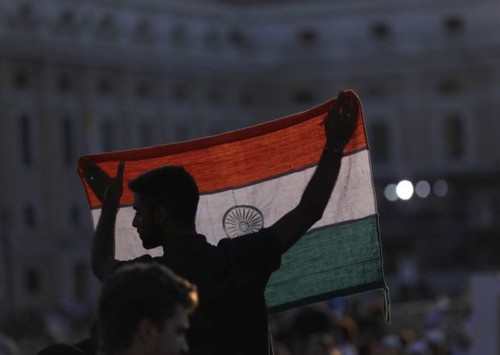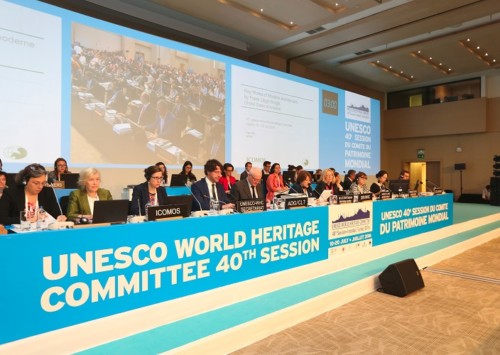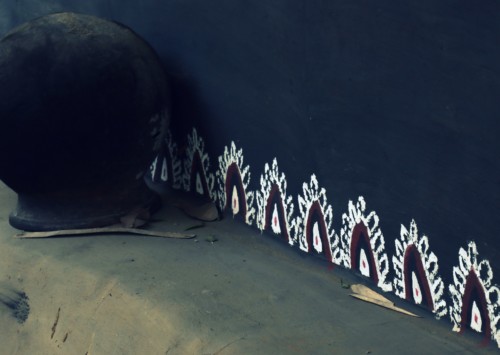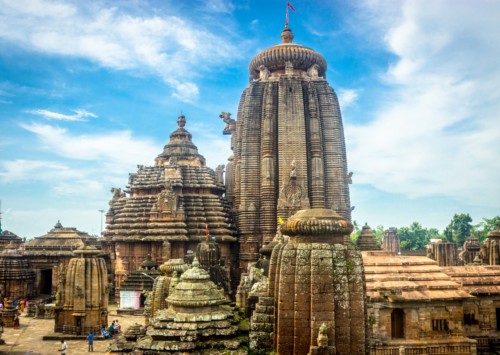Odisha releases bilingual dictionaries for tribal languages
In a drive to promote and protect the tribal culture in the state, the Odisha state government released bilingual dictionaries and trilingual tribal language proficiency modules for use in elementary multilingual education.
In what is being heralded as a significant step towards the preservation of vanishing rural languages, Odisha chief minister, Naveen Patnaik on November 24 presented bilingual tribal dictionaries to preserve and promote the tribal languages in the state. The dictionaries, which are published by the state government’s Academy of Tribal Language and Culture, are supposed to be used in multilingual education at the elementary level in the tribal dominated districts of the east Indian state.
“The bilingual tribal dictionaries for MLE (multilingual education) and trilingual tribal language proficiency modules in all the 21 tribal languages have been formulated by the Special Development Council. Both will help in enhancing proficiency in tribal languages,” said Naveen Patnaik.
In a drive to protect and promote
Odisha is the home to the largest number of scheduled tribes (ST) communities and 12 of the 52 tribal groups are classified as being particularly vulnerable. The members of these tribes speak 21 languages and 74 dialects. While seven of the 21 tribal vernaculars have their designated scripts, Odia has traditionally been the medium of communication in the dictionaries used till now.
Scheduled Castes and Scheduled Tribes Research and Training Institute (SCSTRTI) director, Akhila Bihari Ota said that the dictionaries are a small step towards the protection and promotion of the languages. “The adoption of more widely spoken competitors, such as Odia, Hindi, English and dominant tribal languages, has hastened the disappearance of rare dialects,” he said. “The trilingual tribal language proficiency module is a radical step to bring government functionaries closer to tribal communities.”
Cultural appreciation
Odisha is the only state in the country to have formulated all the tribal bilingual dictionaries and trilingual tribal language proficiency module. Stating that tribal language is the vehicle of a culture, Patnaik announced the decision of the state government to give the status of Odisha State Tribal Museum to the tribal museum located in the campus of the SCSTRTI.
Calling the tribal museum as the best of its kind in the country, Patnaik extrapolated, “It has best of equipment with all kinds of interactive facilities. This is the only tribal museum in the country to have got the State Museum status.”
The museum has been greatly appreciated and acknowledged by the Culture Division of UNESCO and Ministry of Tribal Affairs has identified the museum as a model for other states to replicate. This comes as the latest in the state government’s initiative to promote its dying tribal cultures. The state has also established nine SDCs in nine tribal districts with a view to promote, protect and preserve tribal culture.
A further step to the process lies in the ongoing National Tribal Craft Mela 2018 which is going to last till November 30. The fair inaugurated on the same date as the launch of the dictionaries features the works of tribal artisans from across Odisha and other states. A total number of 73 stalls have been opened and art and crafts ranging from textiles, jewellery and terracotta besides paddy, bamboo, wooden and iron crafts, paintings and minor forest produce are some of the elegant items that are on display at the National Craft Mela (National Craft Fair). More than 200 tribal artisans from 14 states, including Odisha, are attending the seven-day event.

